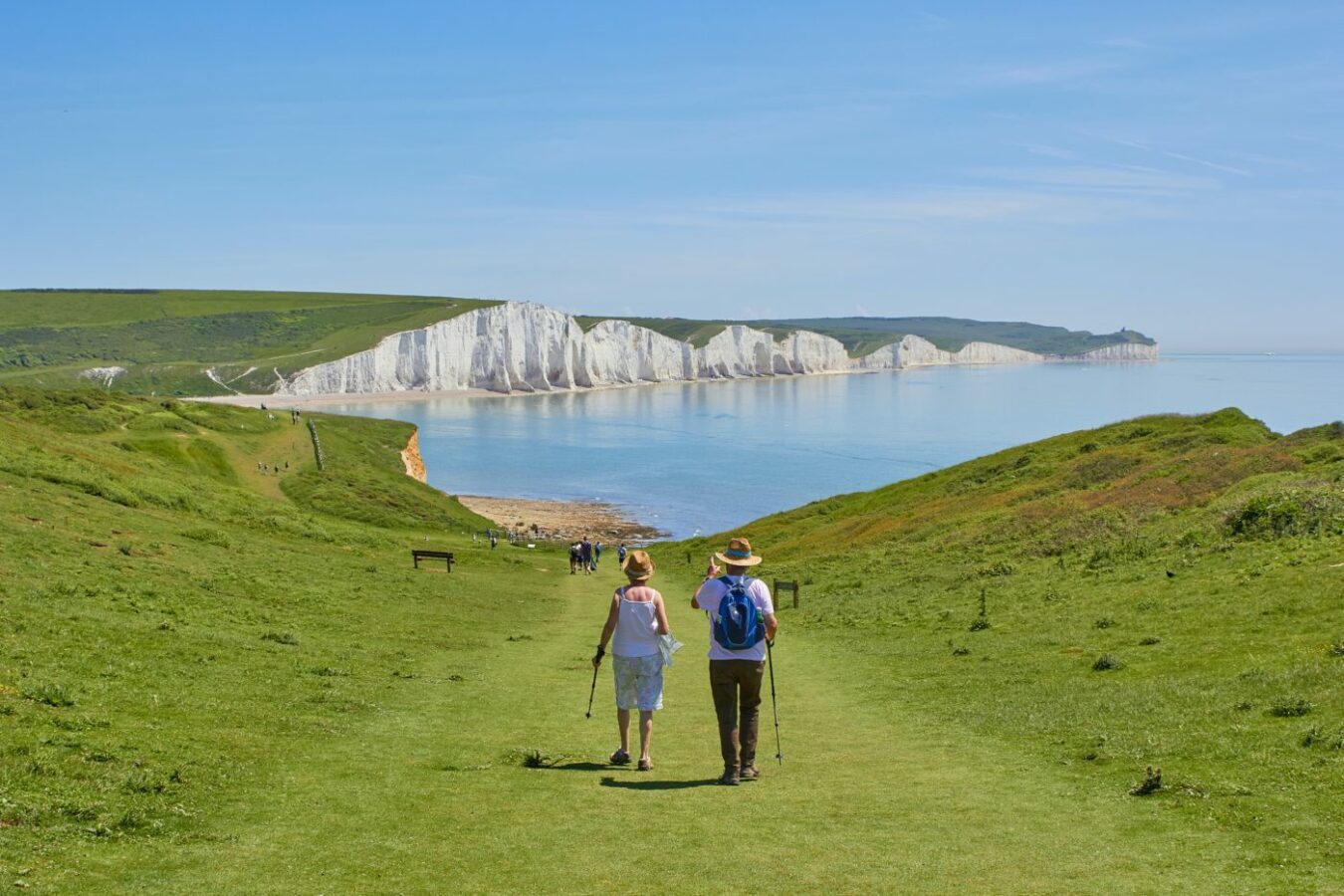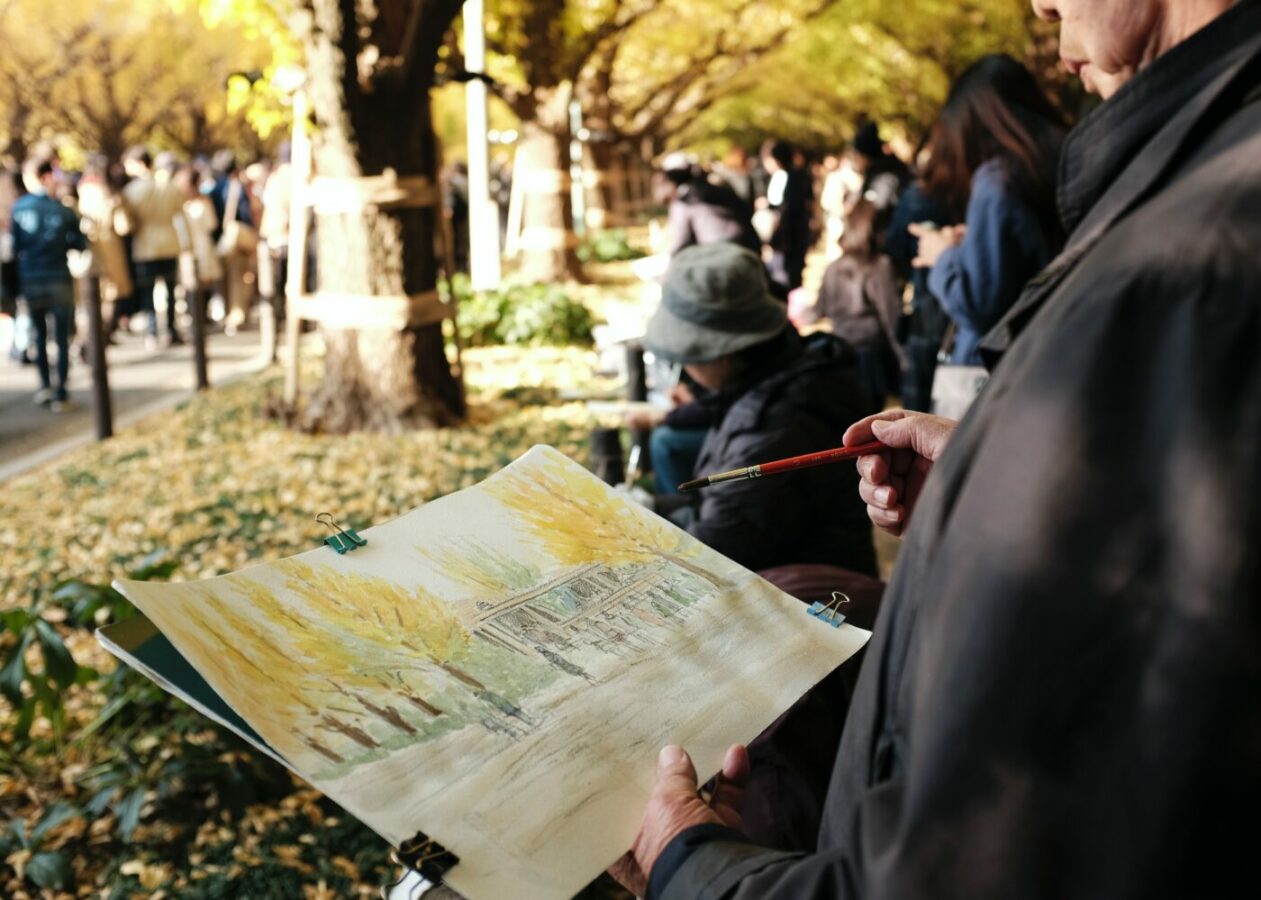Art is often considered intrinsic to human expression. It is a vessel for emotion and…

How to Create a Personal Retirement Plan in New Zealand
If there’s one thing we never got taught in school, it’s how to prepare for retirement. Of course when you were in your teens, the age of 65 and beyond seemed a whole lifetime away. And things were much different back then too.
But with many of us living longer than our parents did, and there being so many more options to truly enjoy our twilight years, having a detailed personal retirement plan is important. It helps us to understand what we’re wanting to get out of life (because there’s plenty of it still left), as well as have a plan to actually live it that way.
And while the earlier the better is best for putting things into motion, never feel like you don’t have time to focus on how you want your retirement to look.
Here’s some things to consider when putting together your plan for retirement.
Calculate your financials
Money is probably the most crucial thing to have a handle on when it comes to retirement.
From understanding how much you’ll need to save as a ‘nest egg’ to help cover the cost of living, to how much you’ll actually get from the New Zealand pension and whether an investment could provide a financial safety net – there is a lot to think about. Will you continue working past 65? Because if you do, make sure you know how that affects pension payments.
It’s also a good idea to plan a budget by looking at what your expenses are right now, and how they could be minimised come retirement. And start to live now on what your future retirement budget will be, so it doesn’t have to be a big change when the day finally comes.
Paying off debt while you’re still working should definitely be a priority, and perhaps downsizing the family home before retiring will help with that.
For further information to help with planning the financials of your retirement, check out these two links below:
Te Ara Ahunga Ora Retirement Commission
Sorted.org.nz – Working out your retirement number
Where you want to live
Retirement opens up a world of opportunities of where you could live. For some, being close to family is important, and for others, it signals the time to sell up and move to a favourite holiday spot – permanently.
Sure, as you age you’ll likely want to be near good health care, as well as easy-to-access amenities, although in a small country like New Zealand, none of that is ever too far away.
But before you make your decision, you might choose a life on the road for a couple of years – exploring all those places you’d been meaning to stop into. A campervan is an ideal home of choice for retirees who aren’t sure where they would like to settle down.
The lifestyle you want
To uncover the kind of retirement lifestyle you want, you may need to ask yourself (and your spouse/partner) some very serious questions. Things like what retirement actually means to you, what are you most worried about when it comes to finally retiring, and what possibilities excite you?
And this is where you need to think about work. Will you still want to be employed part time, or are you looking forward to ticking off a list of hobbies that you’ve been waiting to try out for years.
Does being social matter to you? Or are you happy to tinker away in the garden shed, stopping for an occasional cuppa with the neighbour? Knowing the answers to these questions matter, because they will lead you to a greater understanding of how you want your retirement to look, and also help with the above point of where you want to live.
A home in the suburbs might be right for now, but after a couple more birthdays could you benefit from less maintenance around the house, or a gated community for peace of mind? It’s definitely worth considering a move to a retirement village – even if it is still a few years down the track.
Insurances & life admin
Crossing your i’s and dotting your t’s is another important part of your retirement preparation. From getting all of your personal affairs in order (power of attorney, family trusts, wills, protecting assets etc), it’s also a good time to think about the kind of insurance you need to look after yourself now, and also to get everything tied up once you’re gone.
It’s certainly not the glamorous side of retirement planning, but it is necessary nonetheless.
This should also include simplifying a lot of things – whether that be investments, your mortgage, other financial outlays, bank accounts and assets. Consolidate and minimise what you can so all you have left are a few things that are going to contribute to an easier retirement, that doesn’t involve keeping track of multiple moving parts.
Understand that retirement has different stages
Retirement is not a destination, rather another of life’s journey’s. The Te Ara Ahunga Ora Retirement Commission (formally the Commission for Financial Capability), explains how there are three stages of retirement, with the aim to help people consider how their retirement may look over the years.
The Discovery Stage is for those aged 65-74 and work is often still a part of life, as well as time spent enjoying things that there wasn’t time for when employment was full time. Most people in this age bracket are still leading a fairly active lifestyle.
The Endeavour Stage is for those aged 75-84. Travel may become more localised, and homes are often downsized at this stage (if they haven’t been previously), with retirement villages holding great appeal in order to maintain a good quality of life and support if needed.
The Reflection Stage is typically for those 85+, where personal independence gets a little tricky. This is where you’ll likely have to consider greater support and care services, but it doesn’t mean you can continue enjoying all sorts of activities and adventures – it may just be at a slightly slower pace.
Focus on your goals
When it comes to planning your retirement – you’re allowed to set goals. In fact, it’s encouraged, as it helps you to focus on what you want to get from your golden years, and then work out how to achieve it.
Do you have a travel bucket list to tick off? Do you want to continue working, or pursue a passion that you’ve held off for years? Do you have a family or grandchildren you want to leave an inheritance for? Have you been counting down the days for your 65th birthday to arrive, or is it just another day?
Remember, your retirement is yours to own. And it doesn’t mean setting down tools and walking away from the life you’ve created, it’s more about knowing where you want to go next, and following a planned path towards it.
If you would like to hear more or are looking for advice, we’d love to get in touch.



